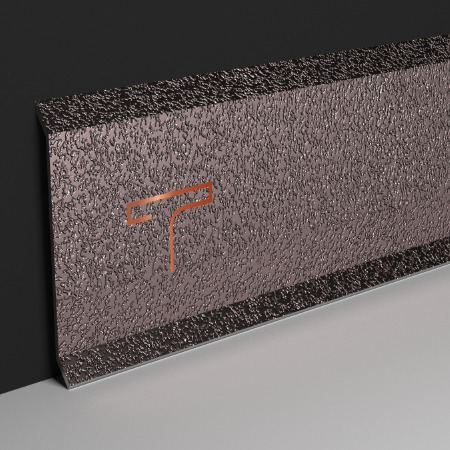Selecting a connector is crucial to ensuring efficient and reliable operation in industrial applications. Circular connectors have become popular in various industries due to their strength, versatility, and ease of use. However, several important considerations must be made when choosing connectors for industrial use to meet specific application requirements.
1. Durability And Reliability
Circular multi-pin connectors are preferred in industrial environments due to their durable construction. These connectors aim to withstand harsh conditions, including extreme temperatures, moisture, dust, and vibration. This durability ensures reliable performance in critical applications such as aerospace, defence, oil and gas, and manufacturing, where seamless connectivity is essential for operations.
2. Environmental Sealing
One of the primary benefits of circular connectors is their ability to provide environmental sealing. This feature is critical in industries where connectors are exposed to water, chemicals, or contaminants. The sealing capability of the connectors ensures protection against ingress, thereby maintaining the integrity of the electrical connection even in challenging environments.
3. Pin Configuration And Termination Options
These connectors come in all configurations, providing flexibility in the number and arrangement of pins to accommodate different signal and power requirements. Consider your application’s specific requirements regarding pin count, signal integrity, and power transmission capabilities. Additionally, evaluate available termination options (solder, crimp, or quick-connect) to ensure compatibility with your assembly processes and maintenance requirements.
4. Compatibility And Standards
When selecting connectors, it is crucial to consider compatibility with existing equipment and industry standards. Connectors such as Russian connectors and VG connectors are made to specific standards and used in military and aerospace applications. Ensure the connectors chosen meet the relevant standards for performance, security, and interoperability within your industry.
5. Size And Form Factor
Connectors are available in sizes and shapes to suit various space constraints and installation requirements. Whether you need compact connectors for tight spaces or robust connectors for heavy-duty applications, consider the physical dimensions and mounting options to optimise the layout and efficiency of your industrial equipment.
6. Electrical Performance
Evaluate the electrical performance parameters of circular connectors, including voltage rating, current capability, and signal integrity. Choose connectors that handle the required electrical load without compromising safety or performance. High-quality connectors minimise signal loss and ensure stable electrical connections, essential for mission-critical systems.
7. Customisation And Value-Added Features
For specialised applications, consider connectors that offer customisation options and value-added features such as shielding for electromagnetic interference (EMI) protection, quick-release mechanisms for faster servicing, or integrated coding for error-free mating. Customisable connectors can be tailored to specific application requirements, increasing the overall reliability and performance of the system.
8. Supplier Reputation And Support
Selecting a reliable supplier is paramount when sourcing circular connectors for industrial use. Look for reputable manufacturers with a proven track record of providing quality connectors, backed by excellent customer and technical support.
Conclusion
By focusing on these factors, you can ensure that the electrical connections in your industrial equipment are reliable, safe, and efficient. If you’re looking for reliable circular connectors, it’s worth checking the products of different manufacturers. There are several options available that you can consider; one of them is Allied Electronics Corporation.


